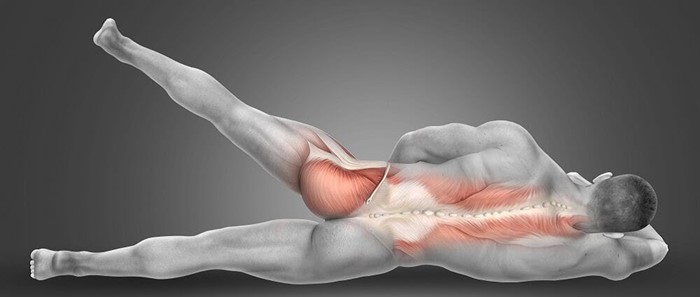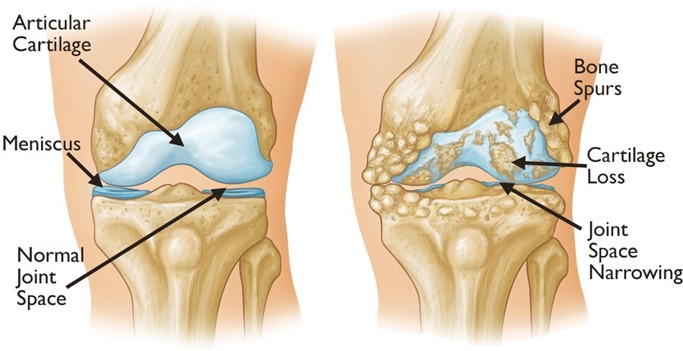A nurse is collecting data from a client who has a score of 8 using the Glasgow Coma Scale. Which of the following findings should the nurse expect?
The client requires total nursing care.
The client is in a deep coma.
The client is alert and oriented.
The client has a stable neurological status.
The Correct Answer is A
a. A GCS score of 8 indicates severe impairment, suggesting the client may be in a state where they cannot perform basic self-care activities and thus require total nursing care.
b. A GCS score of 8 indicates severe impairment but not necessarily a deep coma. Scores below 8 suggest a comatose state, but deep coma is more likely to be indicated by a score of 3-4.
c. A GCS score of 8 is not consistent with a client who is alert and oriented. This score indicates significant neurological impairment.
d. A GCS score of 8 does not indicate stable neurological status. It suggests severe impairment and potentially unstable or deteriorating neurological condition.
Nursing Test Bank
Naxlex Comprehensive Predictor Exams
Related Questions
Correct Answer is B
Explanation
The nurse should place the client's right leg in abduction following a right total hip arthroplasty. Abduction means moving the leg away from the midline of the body. This position helps to prevent hip dislocation by keeping the hip joint in proper alignment.
Internal rotation, adduction, and external rotation are not appropriate positions for the client's right leg following a right total hip arthroplasty. Internal rotation means turning the leg inward towards the midline of the body. Adduction means moving the leg towards the midline of the body. External rotation means turning the leg outward away from the midline of the body. These positions can increase the risk of hip dislocation.

Correct Answer is C
Explanation
The nurse should anticipate that the provider will initially prescribe acetaminophen to the client who has a new diagnosis of osteoarthritis. Acetaminophen (Tylenol, others) has been shown to help some people with osteoarthritis who have mild to moderate pain². It is often used as a first-line treatment for osteoarthritis pain.
a. Hyaluronic acid is not typically the first medication prescribed for osteoarthritis.
b. Ibuprofen may be prescribed for osteoarthritis but is not typically the first medication prescribed.
d. Celecoxib may be prescribed for osteoarthritis but is not typically the first medication prescribed.

Whether you are a student looking to ace your exams or a practicing nurse seeking to enhance your expertise , our nursing education contents will empower you with the confidence and competence to make a difference in the lives of patients and become a respected leader in the healthcare field.
Visit Naxlex, invest in your future and unlock endless possibilities with our unparalleled nursing education contents today
Report Wrong Answer on the Current Question
Do you disagree with the answer? If yes, what is your expected answer? Explain.
Kindly be descriptive with the issue you are facing.
